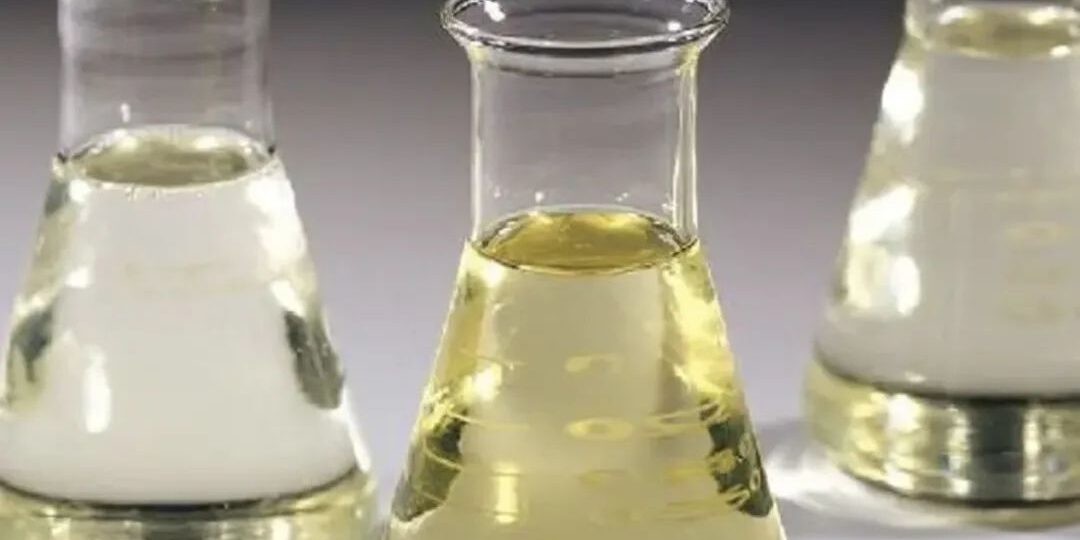3How do oil-based defoamers safeguard the overall quality of the processed oil?
Oil-Based Defoamers: Guardians of Processed Oil Quality
Preserving the quality of processed oil is paramount to the petroleum industry’s functionality and productivity. Through each stage of refinement and processing, measures are taken to ensure the resultant oil product is of the highest quality. Oil-based defoamers prove instrumental in these stages. This article presents an in-depth analysis of how oil-based defoamers contribute to preserving processed oil’s quality.
Keeping the Purity Levels Intact
When oil undergoes the separation and refining process, foam generation is a common occurrence. This foam can introduce unwanted impurities, leading to contamination that affects the oil’s overall purity level. By suppressing foam production, oil-based defoamers essentially play a preventative role, minimizing the chance of contaminants being introduced in the first place. The result is processed oil with purity levels that match industry standards.
Ensuring Efficient Separation
The separation of oil into various components is a vital part of the refining process, and efficient separation directly affects the quality of the final product. The aggregation of foam can interfere with this separation, leading to suboptimally processed oil. The robust foam-knockdown properties of oil-based defoamers come to the rescue here, nullifying the foam and allowing the separation process to proceed unhindered.
Maintaining Optimal Processing Conditions
Understanding that foam can result in operational interruptions or partial shutdowns is necessary. These disruptions increase processing time and can potentially influence the condition of the processed oil negatively. Oil-based defoamers help keep these disruptions at bay by keeping foam levels in check. They, thus, ensure that optimal processing conditions are maintained at all times.
FAQs
-
How do oil-based defoamers maintain the purity levels of the processed oil?
- Oil-based defoamers suppress foam production, which can introduce undesirable contaminants. They, thus, play a significant role in maintaining the processed oil’s purity levels.
-
What role do oil-based defoamers fulfil in the separation process?
- They use their foam-knockdown properties to suppress foam that can disrupt the separation process, ensuring the resultant oil product is finely separated and of higher quality.
-
How do oil-based defoamers contribute to maintaining optimal processing conditions?
- By controlling foam levels, oil-based defoamers prevent operational disruptions or partial halts which can affect the condition of the processed oil negatively.
Summary







